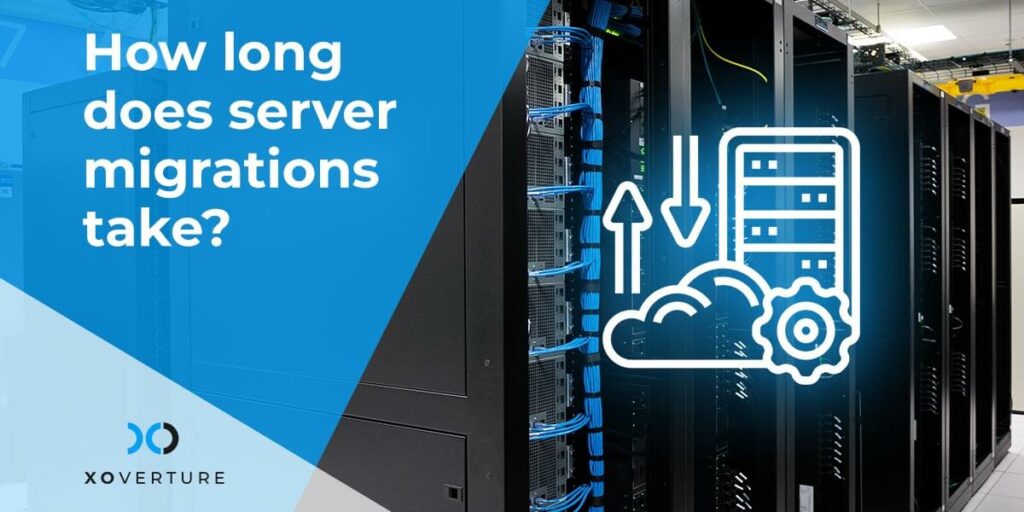The word “server” in IT circles is becoming somewhat confusing because it has traditionally referred to a true, physical machine, such as a rack or blade system. However, it is becoming more and more common for network architects to leverage the power of server virtualization to make their networks more elastic, economical, and maintainable. Administrators are gradually being freed from some of the constraints of having to manage machines down to the metal and are finding innovative solutions using software from vendors such as VMWare, HyperV, and Citrix/Xen. Let us take a look at three ways in which virtualization is improving IT.
How Server Virtualization is Improving IT?
1. Consolidation of Costs and Efficiency
Running under a hypervisor, a virtual machine instance appears on a network exactly like any physical host. However, managing more than one node on a physical system helps to make sure that every clock cycle on the device is contributing to the network load. Having a machine with a stand-alone OS instance sit idle and wait for requests is costly in terms of power, maintenance, and hardware investments. Furthermore, virtualization helps abstract away some of the problems of server upkeep and allows an administrator to view the hosts on the network more from the perspective of an IP specialist than a nuts-and-bolts technician.
2. Better Configuration Management and Platform Standardization
Virtual machine instances come from heavily customizable images, usually from templates. Anyone who has installed an operating system – or even more tellingly recovered one from a crash – can attest to how complex it can be to bring a machine up to the proper working state. It can mean hours or days of tweaking configuration files, installing software, and testing every critical function. With virtualization an organization can easily manage its important base platforms to quickly put devices into action and sometimes even put them back online instantly in the wake of a disaster.
3. Security
While security with virtual machine instances is not an instant guarantee – an administrator has to make sure not to propagate templates with security holes – the capabilities do in fact offer novel solutions to security problems. For instance, VMWare’s Android virtualization solution has been put forward as an effective way ensure enterprise mobile device security – the user’s data and the business data can exist on separate instances of the operating system.
For more about the benefits of embracing virtualization technologies, contact a trusted IT services partner.




